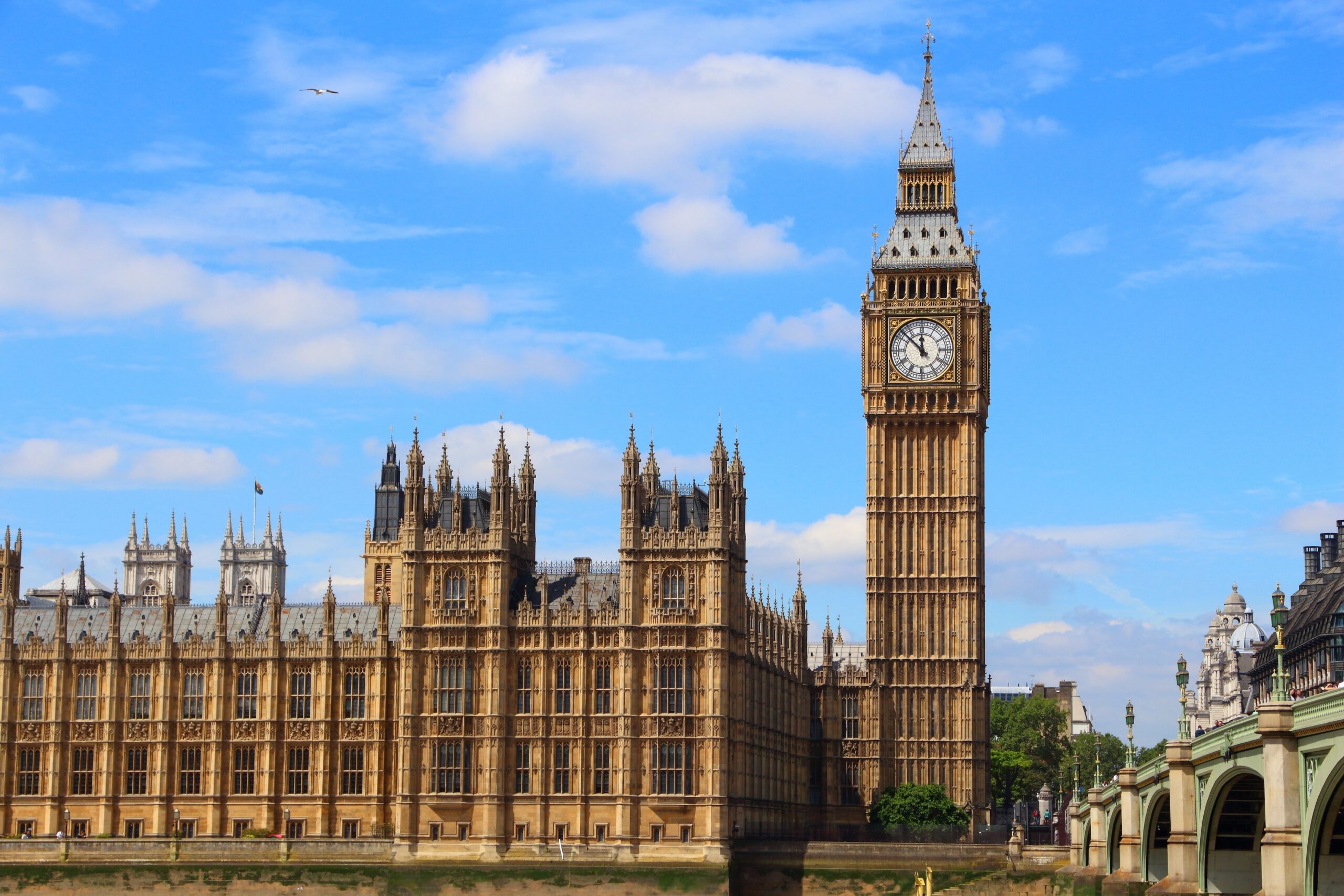Up to 5,000 extra HMRC staff needed to cope with Brexit

The government has admitted that HM Revenue and Customs (HMRC) will need to hire between 3,000 and 5,000 extra staff to be “ready for all scenarios” following Britain’s exit from the European Union.
The FDA has been calling on the government to invest in HMRC’s capacity and capability since the vote to leave the EU, and General Secretary Dave Penman welcomed the government’s “long overdue” move to “finally face up to the realities of Brexit”.
“As we have been warning since the referendum result last year, if the civil service is to deliver the best outcome for the UK, the government needs to provide it with the capacity and capability to deliver,” Penman said. But he warned that “the devil will be in the detail” and called for the government to provide more clarity on how the new jobs would be funded.
In addition to announcing plans for new Brexit staff, HMRC Permanent Secretary Jon Thompson appeared before the Public Accounts Committee (PAC) on 20 November and revealed that he is still waiting to be awarded funding to upgrade the Customs Handling of Import and Export Freight (CHIEF) system to ensure the UK is prepared to handle the expected increase in customs declarations after Brexit.
In a strong chaallenge to the Treasury, Thompson told the committee: “Just to be really clear, it is going to happen and I am going to spend the money, whether I get the funding or not.”
Related News
-

“Farcical” to wait until 2030 to make decision on restoration and renewal of parliament, says FDA
The FDA has responded to the latest publication of UK Parliament’s Restoration and Renewal Board, ‘Delivering restoration and renewal of the Palace of Westminster: the costed proposals.’
-

FDA Ofsted report 2025: The people behind inspections
After a barrage of media criticism and calls for abolition, it’s been a difficult period for His Majesty’s Inspectors (HMI). Tommy Newell outlines the findings of the FDA’s recent report, revealing the reality of parents’ and educators’ views of Ofsted, and what HMIs need for an inspection system fit for the future.
-
